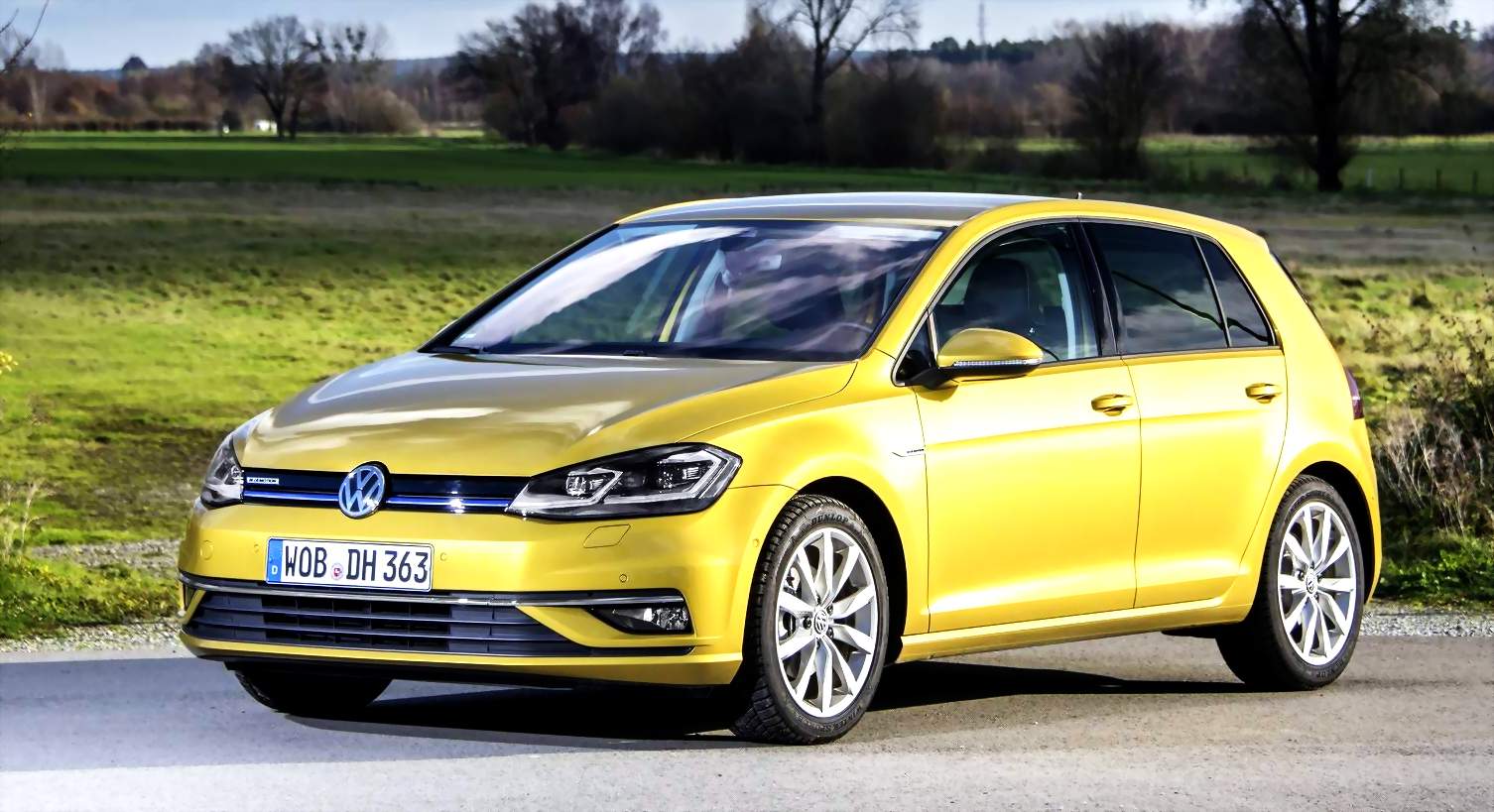To save fuel, active cylinder management disables two cylinders or shuts down the engine completely.
BlueMotion was once a badge worn by only diesel-powered Volkswagen models. But those days are long gone. The Golf has a new, eco-friendly turbocharged 1.5-liter TSI 1.5-liter engine that runs on the Miller cycle. The four-cylinder engine is rated at 130 horsepower (96 kW) and is available in the European Golf five-door hatchback as well as its Variant wagon companion. Other VW models will follow.
What’s the difference between the 1.5 TSI and the 150-hp Evo? The “ACT” is VW terminology for active cylinder management. The system automatically shuts down two cylinders when the driver isn’t using the engine to its full potential. However, it works only within a range of 1,400 to 4,000 rpm, while the car is traveling up to 81 mph (130 km/h).

VW claims that drivers won’t notice the change from four to two cylinders. They will also be notified by a notification indicating “2-cylinder mode” in their instrument display.
The optional seven-speed dual-clutch, automatic transmission will allow you to add a micro-hybrid system to your Golf thanks an advanced coasting function. The engine will shut off completely in certain situations (e.g. when the driver is going down a slope) if the accelerator pedal is released. VW conducted the tests and found that the micro-hybrid system reduces fuel consumption by up to 0.4 liters/100 km.
According to the New European Driving Cycle, the Golf’s more efficient engine can consume only 4.8 liters/100 km (49 MPG) in the combined cycle. It also consumes just 4 liters (58.8 MPG) outside of the city with the six speed manual gearbox and 4.1 liters (57.3 MPG) with the optional DSG. NEDC is not the best testing cycle. It will soon be replaced with the more realistic Worldwide Harmonized Light Vehicles Test Procedure.
Wolfsburg’s people mention that 1.5 TSI ACT blueMotion has a bright future as more derivatives of the engine are being developed for global markets.